On Genesis, Part 23: The Wild West

On Genesis, Part 23: The Wild West
In our last presentation of this Genesis commentary we discussed The Sojourn of Abram, who had departed from Haran and travelled through Bethel, or ancient Luz, even as far as Egypt, upon which leaving he had returned to Bethel. Doing this, we also speculated as to why he may have been settled in the land of Canaan, apparently because at least most of the city-states of the region were subject to the Egyptians. So Abraham and his descendants would remain under the Egyptian sphere of influence, if not directly under Egyptian control, until the time of the Exodus. Ostensibly, that would shelter them from the turmoil of the rise and fall of the Canaanite empires to the north and east which was about to transpire over the subsequent centuries, namely those of the Hittites, the Hurrian Mitanni Kingdom, and the Babylonian empire of the Amorites.
As the Akkadian empire of the 3rd millennium BC had weakened, a host of contenders sought to take its place, such as the dynasty of the Gutians, and the so-called fifth dynasty of Uruk, and the so-called third dynasty of Ur, which came to the end of its rule shortly before the birth of Abram. But these aspiring empires were all short-lived, and as the Hittite and Hurrian kingdoms began to rise to the status of empire, the Amorites had exploited the opportunity of a power vacuum to become influential in Mesopotamia, where they established themselves in Babylon and rose to assume the so-called First Babylonian Empire. That is how academics refer to the Babylonian empire of the Amorites, and although in the past we ourselves have preferred to use that designation for the empire of Nimrod, here in this Genesis commentary that would only cause confusion. The later Babylonian empire of Nebuchadnezzar was at least mostly Chaldaean in substance, and during the time of the Amorite dominance even most of Babylonia had apparently remained ethnically Kassite, or more commonly in English, Chaldaean.

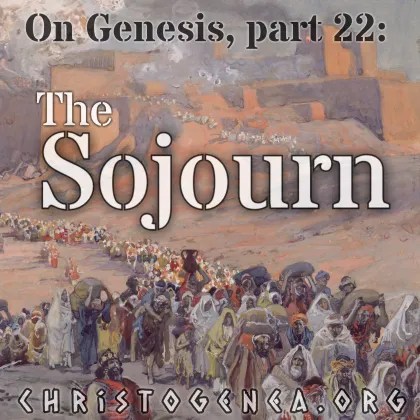
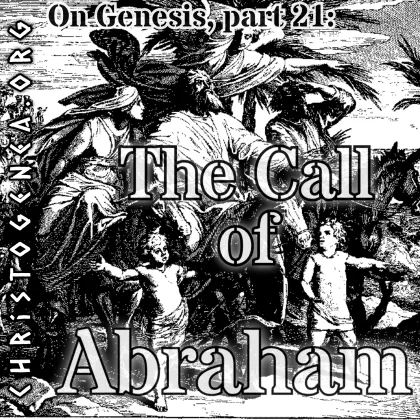
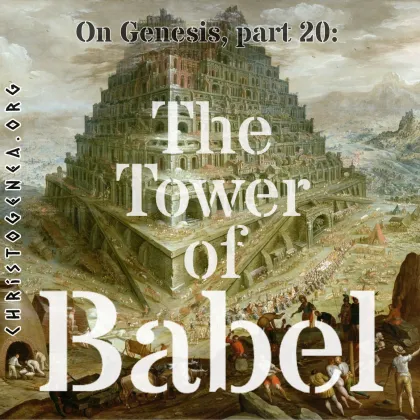

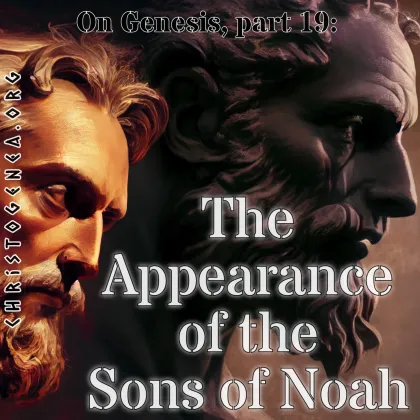
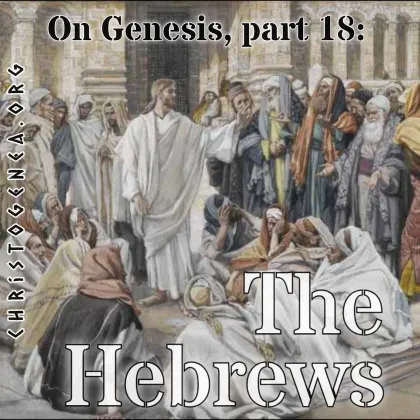
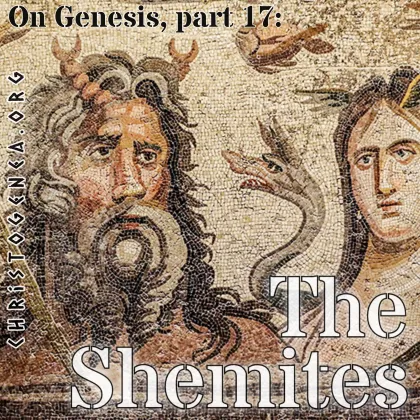
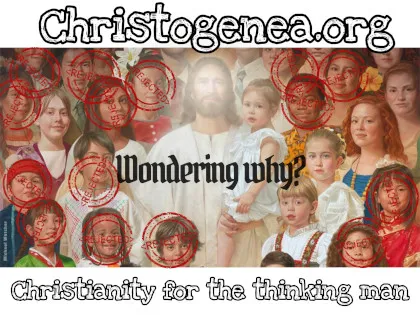
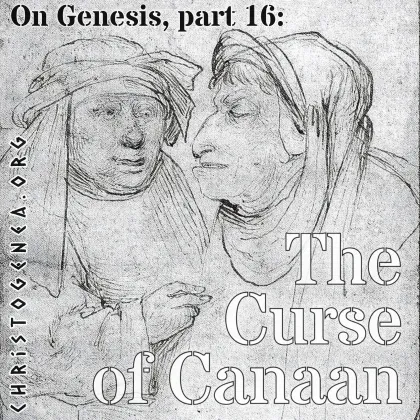
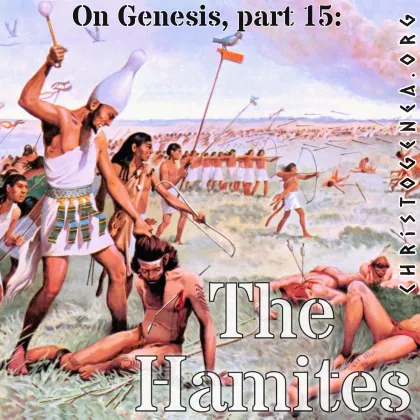
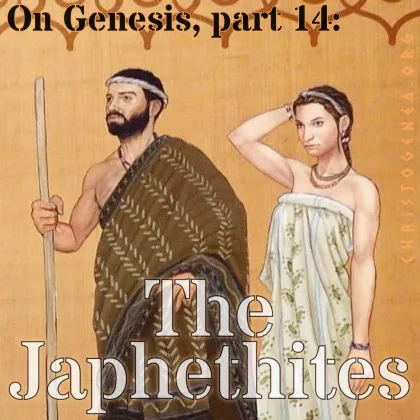



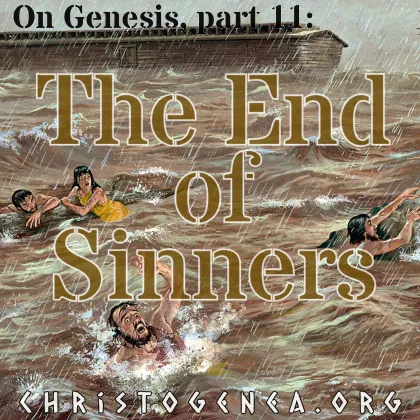








 Please click here for our mailing list sign-up page.
Please click here for our mailing list sign-up page.







